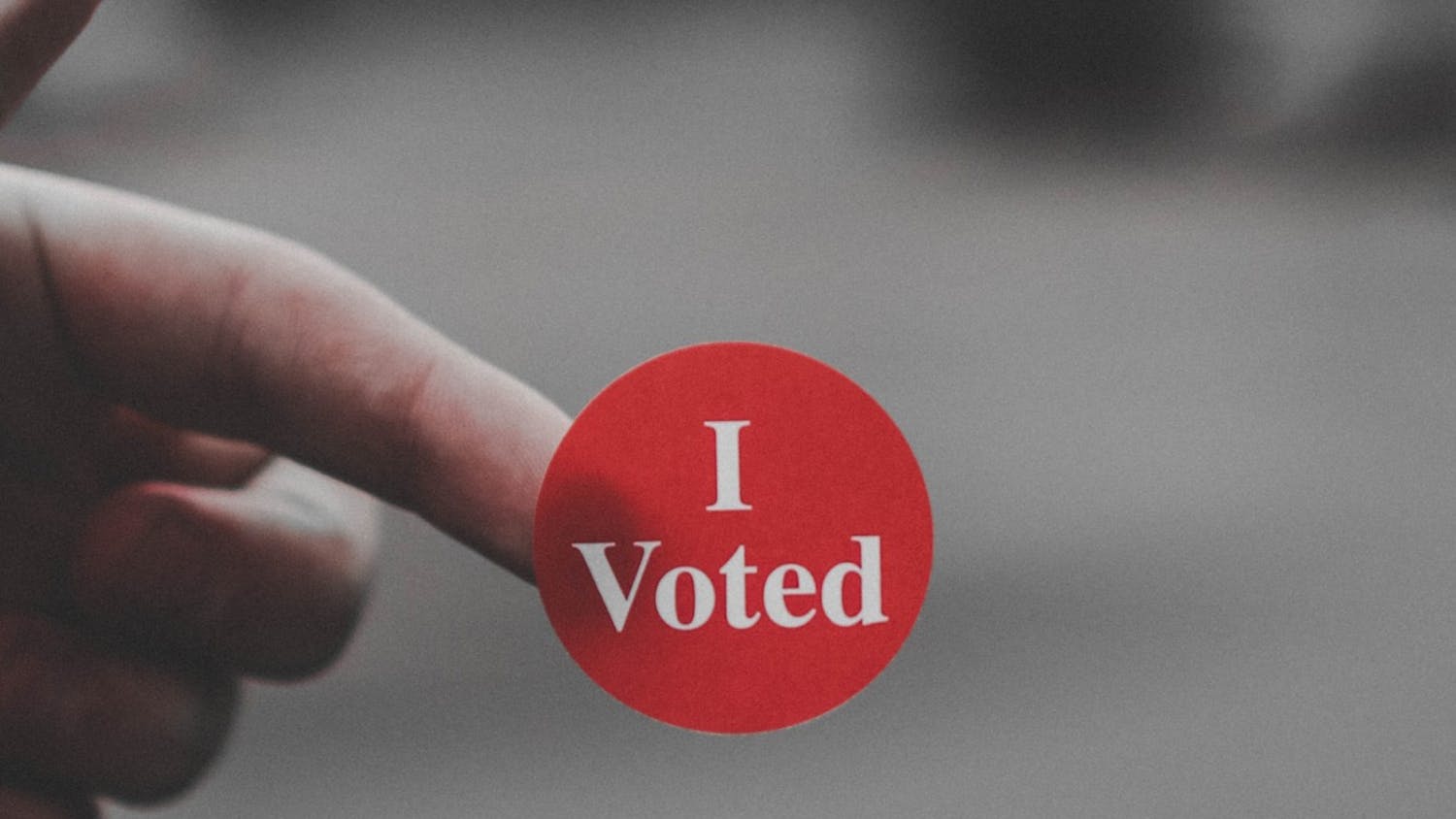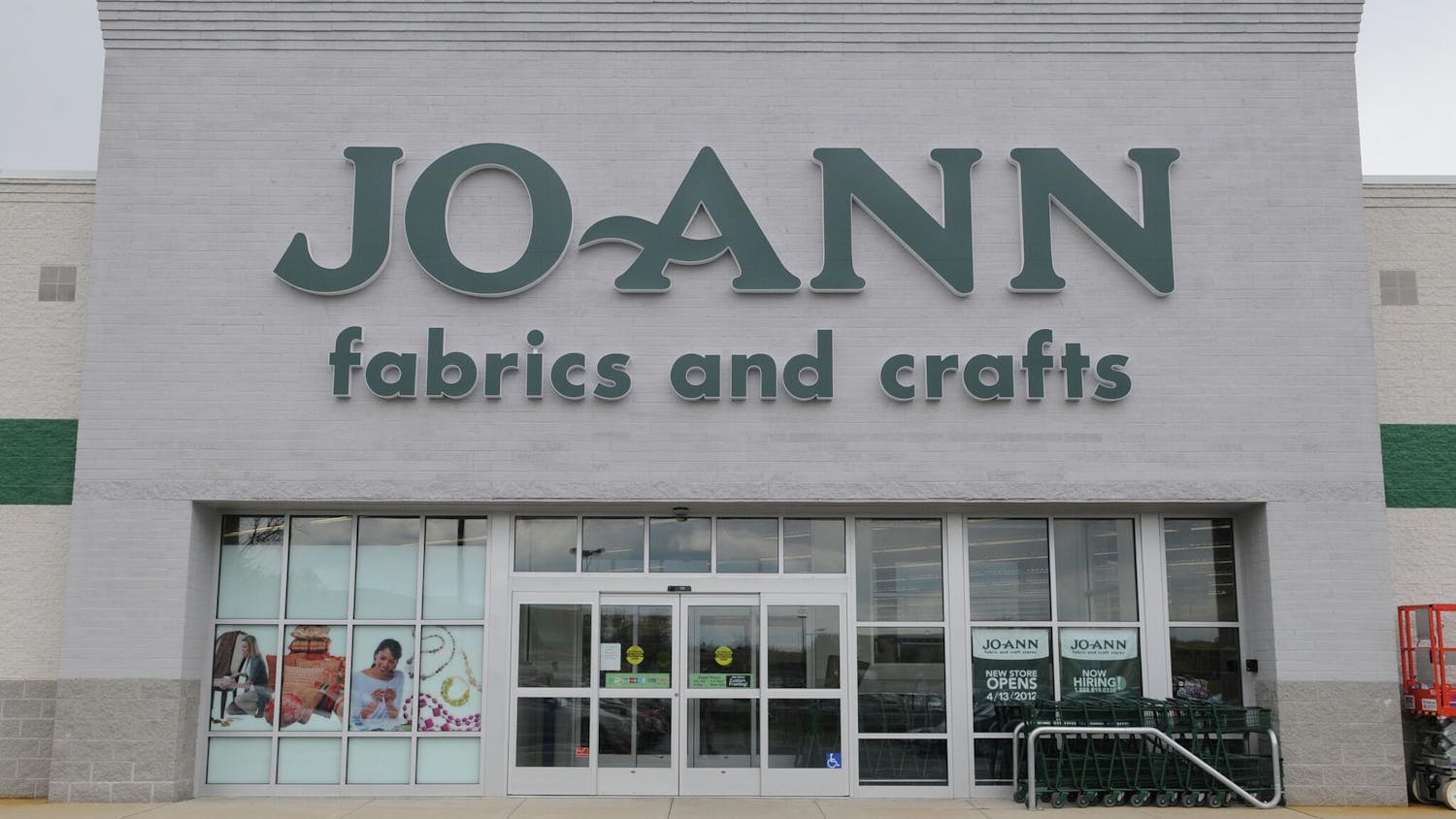Our southern neighbor, Ohio, was originally slated to hold their elections on March 17, but following a testy battle involving Ohio’s Gov. Mike DeWine, Sec. of State Frank LaRose, Ohio’s leading health official Amy Acton, and the state’s supreme court, those in-person elections were postponed and replaced with an election run entirely by absentee votes and extending until April 27. A tentative in-person voting date was scheduled for June 2, but there have been several lawsuits and memos arguing that LaRose’s unilateral decision to cancel in-person elections was an abuse of power and threatened the voting rights of Ohioans.
Ohio was the only state to postpone their elections due to coronavirus concerns on that date, while Florida, Arizona, and Illinois still went through with their originally laid plans, seeing a decline in turnout as a result. Also present during that night of primaries was the argument that continuing with the election threatened voting rights of Americans, who were being told not to gather in large groups for fears of contracting COVID-19.
Essentially, then, one can view both the postponing of elections and the decision to continue with them to be in violation of American voting rights. However, there are several lawmakers looking for ways to protect democratic participation in these unprecedented times. One of their primary arguments is that absentee voting requirements should be loosened, even in the 2020 general election.
For states like Michigan, who already have no-reason absentee voting or loose absentee voting requirements after hard-fought pushes for electoral reform, voting by mail seems to be a simple solution. However, not all states have the necessary infrastructure to perform a robust vote-by-mail effort, even if given from now until November to do so.
One thing is undoubtedly clear: you cannot encourage people to social distance while also holding a fully operational in-person voting effort. Something’s gotta give.
Democratic Senators, led by Sen. Amy Klobuchar, have produced a bill titled “The Natural Disaster and Emergency Ballot Act (NDEBA),” which promotes early and absentee voting by providing $3 million to the Election Assistance Commission (EAC) to implement 20 days of early voting and universal absentee ballot access in all states.
This legislation is co-sponsored by more than a dozen other Democratic senators, including Sens. Bernie Sanders, Kamala Harris, and Cory Booker. There has been some pushback from the GOP, mostly regarding federalism concerns. However, GOP Rep. Rodney Davis (Ill.) supports giving more election funding to the EAC to distribute to states so individual states have the ultimate authority to improve the administration of their elections.
This retort comes at a time when governors of individual states seem to be leading the charge in their coronavirus response. Such can be said about Govs. Whitmer and DeWine. However, the current debacle in Wisconsin makes me less confident that individual states can pull off a robust effort.
Gov. Tony Evers requested that the Wisconsin Legislature call a special session on Saturday as his previous requests for mailing all voters absentee ballots were rejected. Evers noted that he doesn’t have the full authority to postpone the election, and a federal judge declined to postpone it, as well, instead extending the absentee deadline and castigating Evers and the Wisconsin legislature for not doing anything sooner. The in-person primary will likely still take place on Tuesday, April 7, and many Democratic leaders believe Evers failed to exercise his full powers as governor and is therefore putting the health of Wisconsinites at risk.
This does not convince me that each state has the capacity to rightfully postpone their elections without interference. Many states are performing their vote-by-mail efforts in quite different ways, as well, which could have concerning effects on voter access and turnout, especially in states which have limited familiarity with absentee voting. In these circumstances, I cast a critical eye on federalism.
It is important to note, though, that fifteen states have been successful in pushing back their primaries (often to a new major date of the calendar June 2) or switching to voting by mail with extended deadlines. The 2020 Democratic National Convention, coincidentally in Wisconsin this year, has been pushed back to mid-August as DNC Chair Tom Perez urges states with upcoming primaries to expand their use of voting by mail, no-excuse absentee voting, curbside ballot drop-offs and early voting.
With the new legislation, as well as the coronavirus relief package having included $400 million for states to put into preparing for primaries and general elections during the crisis, it may seem that switching entirely to voting by mail is a no-brainer and an easy process.
Contrarily, there are many things which need to be done to create a uniform, successful vote-by-mail apparatus. These include a change in voting machines to process absentee ballots, altering the design of ballots so they can fit into envelopes and include pertinent instruction, the inclusion of free postage so voters don’t have to purchase stamps, and altering staffing. Some state legislatures would need to explicitly sign onto these measures and, as shown in Wisconsin, that isn’t necessarily optimism-inspiring.
Overall, much of what this takes is political will and a responsible concentration of funding. If Mike DeWine and Frank LaRose in Ohio can successfully postpone in-person voting, ramp up absentee voting efforts (despite there being some issues), then additional funding and a concerted national effort can allow other states to do the same. We don’t need another Wisconsin in this cycle, and we need to get the ball rolling on some type of reform.










